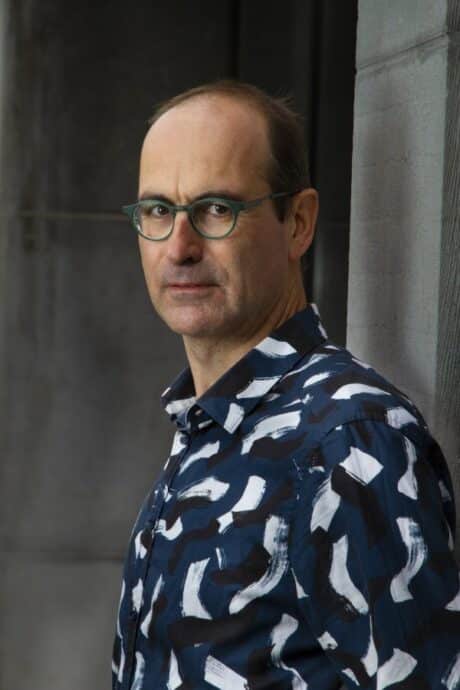

 ©Speakers Academy-Walter Kallenbach
©Speakers Academy-Walter Kallenbach
dr. Bennie Mols
Bennie Mols is a science journalist, author and speaker with twenty years of experience.
About Bennie Mols
Bennie Mols is a science journalist, author and speaker with twenty years of experience, specialising in artificial intelligence, robots and the human brain. He gives presentations for companies, governments, universities, non-profit organisations and all kinds of general audiences. He published twelve books, most notably Hallo robot (translated into English and Chinese), Living with robots (multimedia e-book) and Turings Tango (in Dutch only – about artificial intelligence). He regularly appears on radio and tv to talk about artificial intelligence and robots. He graduated from physics and philosophy and holds a PhD in physics. With this background he uniquely combines in his presentations the fields of science, technology and philosophy, always asking the question how the combination of these three disciplines can improve people’s lives.
His motto is: ‘The world looks so different after learning science‘, a statement by one of his heroes, the physicist Richard Feynman.
Specialist Subjects
Videos


